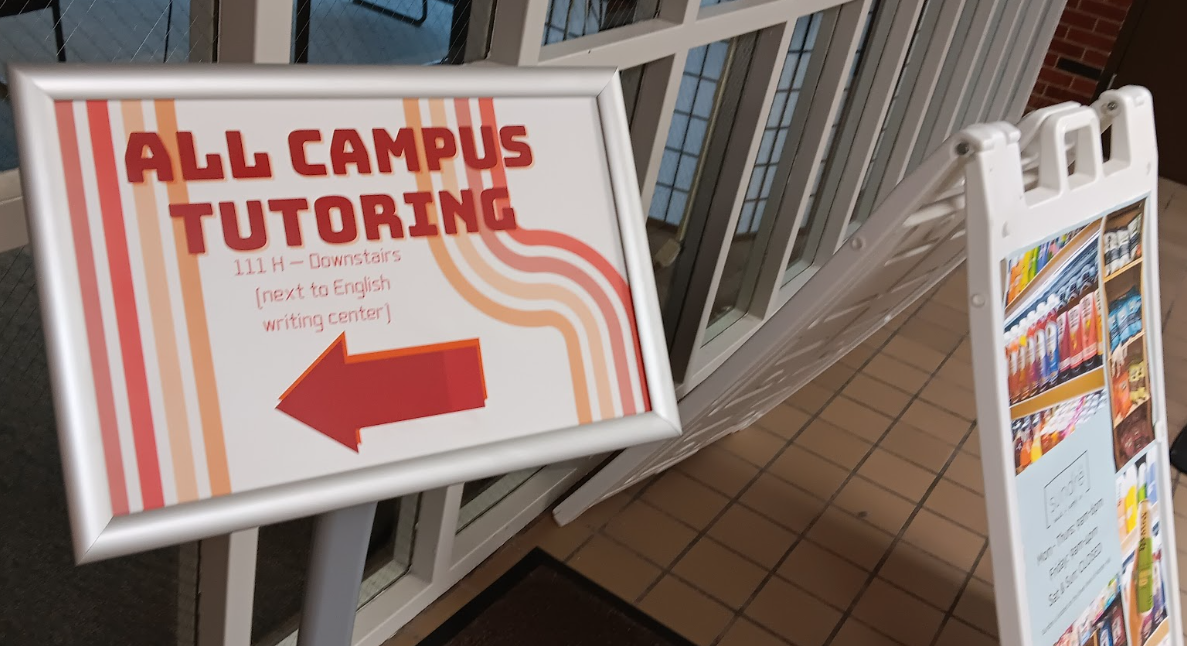Midterms are quite the mixed bag in college. One hand, they create a truckload of stress and force you to devote endless hours studying. On the other hand, they can save or wreck your grade at the drop of a hat. However you feel about them, they’re pretty much inevitable for everyone who attends college. This week, the North Wind Editorial Board sat down to discuss midterms.
An important thing to do well before midterms even begin is to check every potential professor you may have on Rate My Professors. Take some time to look at their reputation. Are they too harsh? Are their office hours important? Asking a few people in your major about them can serve the same purpose.
A few of us shared our study strategies with tackling midterms. One way of approaching them was starting to study two weeks in advance, giving yourself ample time to retain all of the information covered.
For those of us who do not have midterms, it doesn’t always mean the semester is easier. Midterms are sometimes replaced with long essays, extensive research projects, or one much larger — and daunting — final at the end of the semester.
That being said, those who don’t have midterms admitted they prefer a large paper or project to an exam period. While the weight of an essay with an eight or higher page count may seem daunting, having to experience the stress of studying your notes over and over again only to sit in an enclosed space while trying to remember them can be much more stressful for some.
Certain members of the editorial board pointed to “take home” exams as their preferred alternative to midterms. With these, you are given a certain number of days to complete the midterm before the due date, not unlike a homework assignment, but each question takes about five to six paragraphs and research to complete. Instead of memorizing lines of information students have to find ways to take knowledge they know and implement it, as well as showing proper knowledge on finding sources.
Other members of the editorial board said they would rather not have midterms at all, but have a quiz every week until the final. This allows for less stress, and instead of cramming for an overwhelming exam, it’s only an hour or so of studying a week. It also gives students constant motivation to pay attention.
Some described alternatives to traditional studying tactics. For example, one editorial board member said that instead of attending lectures and writing notes, they prefer to take no notes and listen closely to the presentation as a whole, then take a quick look over everything during the lead up to the exam.
Whatever your preferences for midterms are, you will be pressed to find someone who truly enjoys doing them. Midterms will always remain a scheduled stress event that pops up halfway through each semester. But with proper studying, knowledge of your limits, and good hard work, they might just make your grade.

























